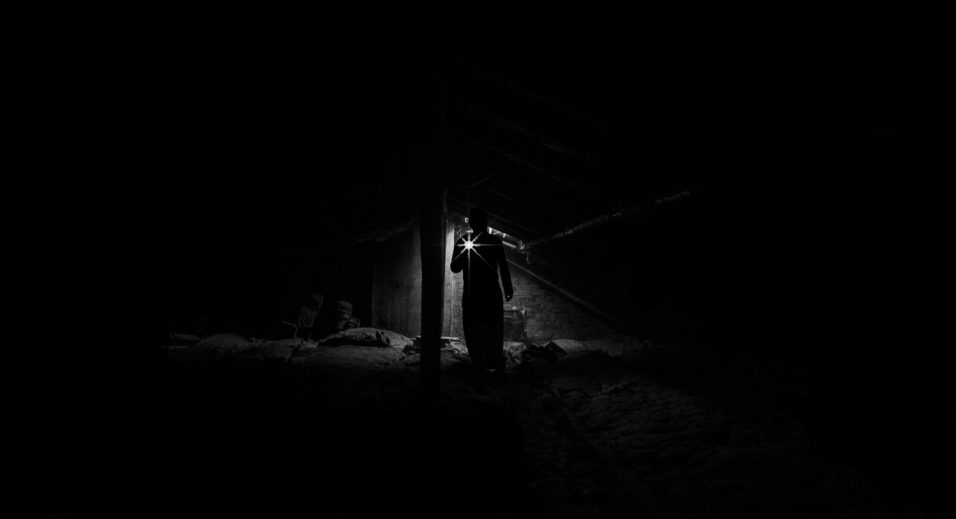Writing What Matters to You

A lot of young writers get lost in the weeds, wondering what they should be focusing on. Questions like “how much should I focus on X” or “how much time should I spend on X” often show the weakness of feedback more than a weakness in your own writing; showing your work to Beta Readers opens up the floodgates for negative feedback that cause you to doubt yourself. One reader says “there’s too much focus on the back-story” leads you to scale back that aspect in a revision, but then another readers says “I need more info on their back story” and you’re in a tailspin of revisions, seeking some perfect balance that, frankly, doesn’t exist.
This leads a lot of writers to ask about specific, replicable formulas—as if there are precise values we can assign to things. You’ll never get answers to those questions, at least not meaningful ones. You can’t say “5% of your novel should be back story” or “5% of your novel should be spent on how your character lives a normal day.” It’s even more fraught in speculative fiction, where writers spend a lot of energy wondering what aspects of a fictional universe to concentrate on—like, do you have to discuss how your fictional culture views everything, from animal cruelty to humor? If so, how many words do you have to devote to the standup comedy of your fictional people?
These kinds of formulas simply do not exist. And it’s not that hard, actually. All you have to do when writing is write the stuff that matters to you, and you’ll be fine.
You Do You
The key to writing is always very simple: Write about what you’re interested in. What aspects of your character do you want to know about? What pieces of the fictional universe do you want to explore? It really is that simple. Write about the things you want to know more about, and you’ll be fine.
Because it’s impossible to cover every single detail, and not all details are created equal. It’s always useful to ask yourself who might actually care about the standup comedy routines of your alien culture, and whether it makes any difference to your plot. Not every detail you explore needs to do plot work, of course, but if there’s no plot-relevant reason for it, and you’re not particularly interested in it yourself, then … why bother writing it in?
Writing and reading are inextricably linked. If you write about the stuff you’d want to read about and forget the stuff you’re not interested in, you’re more than halfway there.
Of course, you can always overwrite and cut stuff out in revision. Which is what I do when I write about what I’m interested in and wind up with hundreds of pages of cocktail recipes.









